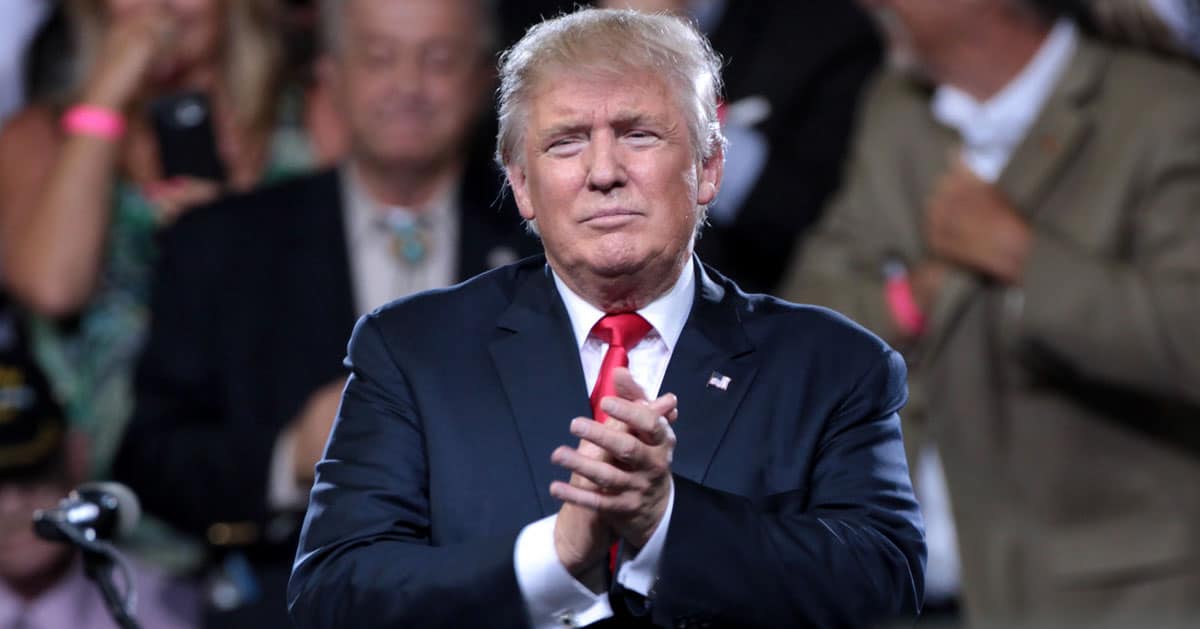





FBI Deputy Director Dan Bongino’s frustration with the Justice Department’s handling of the Jeffrey Epstein case has pushed him to the brink of resignation. A heated clash with Attorney General Pam Bondi at the White House underscores deep tensions within the administration.
Fox News reported that Bongino’s discontent stems from the Justice Department’s release of a joint FBI-DOJ review on Sunday, which concluded that no client list of Epstein’s alleged elite associates exists and reaffirmed his 2019 suicide.
The review aimed to quell speculation but instead ignited fresh conspiracy theories, particularly due to a missing minute in a 10-hour prison surveillance video. This gap has fueled public skepticism, and Bongino appears caught in the crossfire.
The timeline began on Wednesday when Bongino and Bondi engaged in a fiery argument at the White House. Sources report Bongino’s frustration peaked, leading him to skip work Friday and remain absent since. He has not finalized his decision to resign, but his absence signals a brewing crisis.
Bondi, unmoved by the spat, stands firm in her role, with sources close to her emphasizing her pride in the Justice Department’s work. She and FBI Director Kash Patel, who also supports the review’s findings, have been in frequent contact, presenting a united front. This alignment contrasts sharply with Bongino’s apparent isolation.
White House Principal Deputy Press Secretary Harrison Fields claimed, “President Trump has assembled a highly qualified and experienced law and order team dedicated to protecting Americans.”
Yet, the public’s fixation on Epstein’s case undercuts this narrative of unity. Fields’ rosy depiction feels like a brush-off when a missing video minute keeps conspiracy theories alive.
Deputy Attorney General Todd Blanche doubled down, stating, “I worked closely with @FBIDirectorKash and @FBIDDBongino on the joint FBI and DOJ memo regarding the Epstein Files.”
He insisted all parties agreed on the memo’s contents, dismissing any suggestion of discord. But Blanche’s claim of harmony rings hollow when Bongino’s absence screams otherwise.
The joint review’s assertion that Epstein took his own life in a New York City jail cell in 2019 has not silenced doubters. The missing minute in the surveillance footage, meant to prove no one entered Epstein’s cell, has instead poured fuel on conspiracy theories. Americans deserve clarity, not gaps that invite speculation.
President Trump himself seemed exasperated, asking, “Are you still talking about Jeffrey Epstein?” His frustration highlights a broader point: Epstein’s case overshadows other priorities like border security or economic growth. Yet, dismissing public interest as fixation on a “creep” ignores legitimate concerns about transparency.
Trump continued, “This guy’s been talked about for years.” His attempt to pivot away from Epstein’s shadow only underscores its persistence. The administration’s push to move on clashes with a public hungry for answers.
White House press secretary Karoline Leavitt defended Bondi, stating, “President Trump is proud of Attorney General Bondi’s efforts to execute his Make America Safe Again agenda.”
She called the focus on internal divisions “baseless,” but Bongino’s absence suggests otherwise. Leavitt’s deflection sidesteps the core issue: public trust is eroding.
Bongino’s potential exit raises questions about the administration’s cohesion on sensitive issues. While Patel remains content in his role, Bongino’s frustration reflects a broader unease with how Epstein’s case is handled. The deputy director’s silence since Wednesday speaks louder than official statements.
The missing video minute is a lightning rod for skepticism. If the administration intended to prove Epstein’s suicide, an incomplete surveillance tape was a misstep. Transparency, not obfuscation, is the antidote to conspiracy theories.
The Epstein case remains a litmus test for government accountability. The joint review’s conclusions, while definitive on paper, fail to satisfy a public weary of half-truths.
Bongino’s possible resignation amplifies this distrust, signaling internal doubts about the official narrative.
Bondi and Patel’s alignment may project strength, but it risks alienating those who see Bongino as a voice of skepticism. The administration’s “law and order” rhetoric feels hollow when a key figure like Bongino considers walking away. Unity, as Fields claimed, seems more aspirational than real.



